Our Germany and Their Europe
Adelina Marini, September 22, 2013
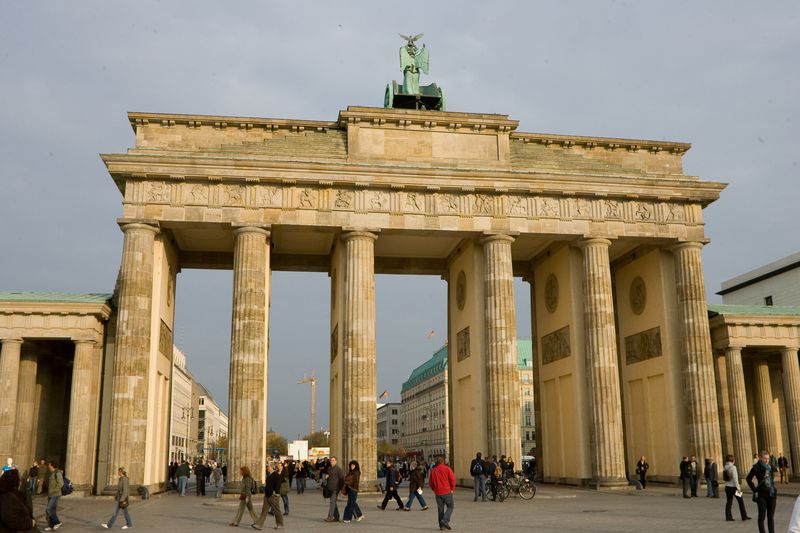 Huge expectations in Europe and mostly in the euro area who will the Germans elect to head the government of ... Europe. Expectations fed systemically by the breaking of a number of European taboos by Jose Manuel Barroso, the former Portuguese prime minsters, who is finishing his second term as European Commission president beginning to speak in the epicentre of the eurozone crisis about federalisation, about more integration at political, social and economic level, who drew a road map for deepening of the Economic and Monetary Union (EMU) and who refused to reconcile with the much lenten or even plundered vision of President Herman Van Rompuy who tried to make a much more digestive mixture between the demands of the member states and the European institutions.
Huge expectations in Europe and mostly in the euro area who will the Germans elect to head the government of ... Europe. Expectations fed systemically by the breaking of a number of European taboos by Jose Manuel Barroso, the former Portuguese prime minsters, who is finishing his second term as European Commission president beginning to speak in the epicentre of the eurozone crisis about federalisation, about more integration at political, social and economic level, who drew a road map for deepening of the Economic and Monetary Union (EMU) and who refused to reconcile with the much lenten or even plundered vision of President Herman Van Rompuy who tried to make a much more digestive mixture between the demands of the member states and the European institutions.
However, analysts are unanimous that Germany will not respond to these expectations. Not only the analysts, but polls on EU issues, too, held regularly by Open Europe think-tank show that the Germans are growingly joining the club of those who want less Europe. And less Europe means less German money for European losers. Be they the unprepared for euro area membership Greeks, the brushed aside by the crisis hurricane Irish or the candidate countries who reform themselves only for the accession and then decide to continue in the old way. Germany seems tired more than ever. Tired by its efforts the fears of her might not to be realised (the post-war period). Tired of the fears that her might might not be realised (the crisis period in the eurozone). Fear expressed by Polish Foreign Minster Radek Sikorski two years ago in a speech which somewhere was read as scandalous (mostly in Poland) and elsewhere as a turning point for European history. A speech that also fed expectations that the time has come for a new Europe with a new Germany at the helm.
According to Ulrike Guérot, analyst with the European Council on Foreign Relations (ECFR), the Europeans expect a lot from Germany. They want it to accept the transfer of resources and, if necessary, of powers that will maintain the vitality of the European integration project in the long term. Both pro- and anti-integrationists fear in an equal way Germany's growing power. The elections in the country are no longer predominantly a national issue because, depending on the outcome, the people in the other EU member states, and especially in the euro area, could feel the economic, social and political consequences even in much greater extent than the German voters themselves.
Similar is the situation with leading politicians in the member states, too, who want the biggest and most powerful economy in the EU to take its responsibility for political leadership commensurate to its economic might, Ulrike Guérot writes. Not a few politicians want Berlin to propose a long-term perspective about Europe's future. The thing is, though, that Germany has nothing to offer to respond to this surprising, in the words of the German analyst, catalogue of demands. Hardly any government coalition, even the old one, would offer an "enlightening leadership" that will accept significant short-term self sacrifice to embark on the far more uncertain vision of long-term political stability. Germany lives in a different world with its own constraints and worries, many of which are being overlooked by the outside world.
Fears of impoverishment fed by a changing demography, in a combination with the new momentum that emerged with the fall of the Berlin wall in 1989. There is a gap between the European expectations for a harder and more constructive German role. But Berlin lacks political ambition to propose clear leadership in turbulent times. Rather, the German politicians hope to influence the events through personal example, through the application of the German model of thriftiness at home and competitiveness abroad. According to the Germans, this is the only way Europe to succeed in a growingly more competitive and globalised world is the opinion of Ulrike Guérot.
The analysts with the British eurosceptic think-tank Open Europe are also of the opinion that Germany will not deliver on the high expectations. They focus in much detail on the main issues the EU is facing currently and present the probabilities all these tasks to be realised after the elections. The main question, of course, is related to the future of the banking union - the big European ambition which will most probably be realised, but not with the vision the plans for it were drawn. Those are generaly nine proposals of which, however, only 2-3 are being worked upon. The rest are simply an ideology which regularly surfaces when there is no other solution on the horizon.
On the almost ready Single Supervisory Mechanism (SSM), the first element of the banking union, Germany continues to have reserves related mainly to the ECB's role of a single supervisor. During the negotiations Berlin was worried that if the ECB were the supervisor and manager of monetary policy, the two roles could get mixed and have bad consequences. Open Europe forecasts that Germany, after the elections, will continue to insist on a clearer division between the monetary policy and supervisory functions or even on taking the supervisor out of the central bank which, however, requires treaty change. The analysts' forecast is based on the fact that one of the potential participants in the future ruling coalition (FDP) want the supervisory to be taken out of the ECB to ensure there will be a division between monetary and supervisory functions. The Social Democrats (SPD) share the same opinion, while the Left (Die Linke) want the Europarliament to get additional rights for control over the ECB to ensure transparency which already is a fact.
And regarding the second major element of the banking union - the Single Resolution Mechanism (SRM) - work on it is at an early stage yet, but conflicts preceded the formal tabling of a proposal by the Commission. The problem is who should play the role of a single resolution authority. The Commission proposed itself, but Germany is against because she believes the establishment of such an authority and a resolution fund require treaty changes. Recently the German member of the ECB governing council Joerg Asmussen announced that all legal services were unanimous that treaty changes will not 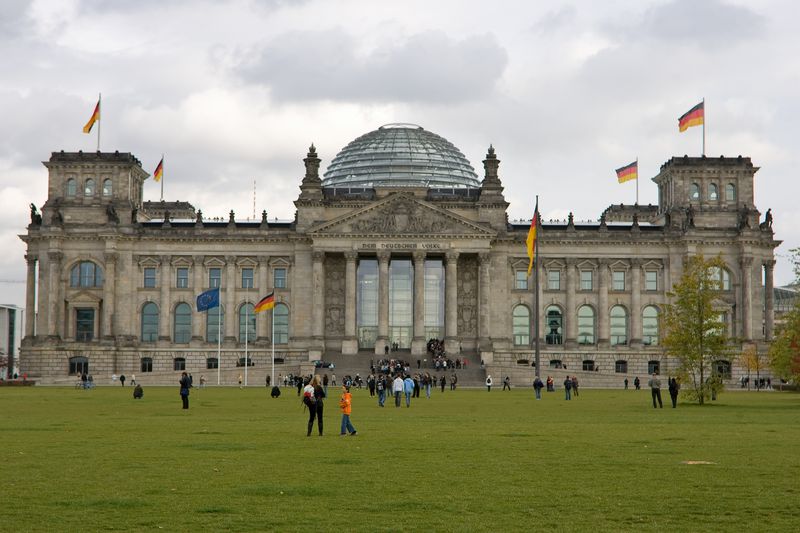 be necessary, but there are options. Open Europe sees a lack of clarity after the elections on the matter because many questions remain unanswered.
be necessary, but there are options. Open Europe sees a lack of clarity after the elections on the matter because many questions remain unanswered.
The finance minister (CDU/CSU) proposed a two-step process - first to create a network of national supervisors and then possibly to move on toward a common eurozone resolution authority which will require a treaty change. Wolfgang Schäuble is against the establishment of a fund, especially if it will be beyond national control. FDP are also sceptic to such an authority, while the SPD were silent on the matter. The Greens support a common European fund and want a debt brake for the banks to be introduced as well as to reduce their size. Die Linke defend the position of a bank levy aimed only for covering crisis costs.
One of the very important issues related to the banking union is the possibility for a direct recapitalisation of eurozone banks. In June, the EU leaders agreed funds from the European Stability Mechanism (ESM) to be used to recapitalise banks in the euro area after the example of the assistance for Spain last year. This, however, should not happen before the SSM begins supervising and stress-testing in the second half of 2014. The eurozone leaders succumbed to Berlin's pressure and agreed only 60 billion euros of the overall ESM budget(500 billion euros) to be used to help eurozone banks with the condition that private creditors take losses first.
Any decision to use funds from the eurozone permanent fund (ESM) for recapitalisation requires the approval of the Bundestag which, Open Europe forecasts, will be accompanied by conditionality. Rather improbable seems in the near future this to be done by a resolution fund against the background of the difficulties mentioned above, the analysts believe. Party attitudes show that Angela Merkel's party will continue to demand strict conditionality for the money from the common rescue fund. The Social Democrats were highly critical during the campaign about the recapitalisation through the ESM, while the FDP agree but only if the member states co-finance with own money. The Greens have no clear position, while Die Linke is against ESM in principle precisely because of the fears that the fund will be used to fund banks for the sake of the social state.
Huge changes cannot be expected with regard to austerity policy. Although there are nuances, all political forces in Germany are unanimous that debt is a problem and fiscal discipline is necessary, 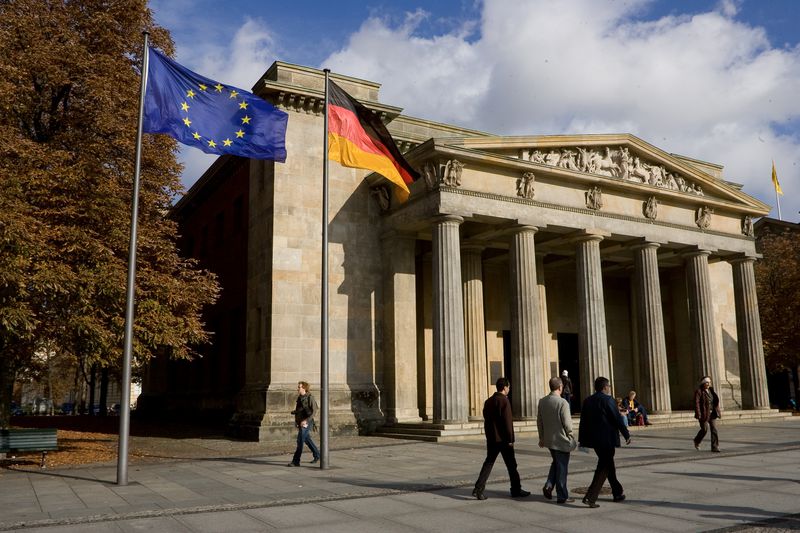 accompanied by structural reforms.
accompanied by structural reforms.
Will Greece get help again? Most probably yes, judging from the Open Europe analyses of party attitudes. Unanimity there is on the issue about a further haircut of Greek debt, especially in the official sector (EU, IMF and ECB), denied by the EU central bank itself. All political forces are against another haircut.
The conclusion is that whatever the next German government, the repairs of the construction of the euro area will be with a local anaesthetic and staying in hospital will not be long, nor will it be social. Even less flowers can be expected for the checking out from hospital of the survivors. If we are to remain together in the eurozone, then you will have to work hard, is the message of the German voters. May be quite indicative is the silence in the German election campaign with regard to the non-eurozone countries. It shows that if something is to be reformed, it will be in the eurozone and everyone who wants to join will have to join the process as well, as it already became clear - with a local anaesthetic or without any. A matter of choice not only of elections.
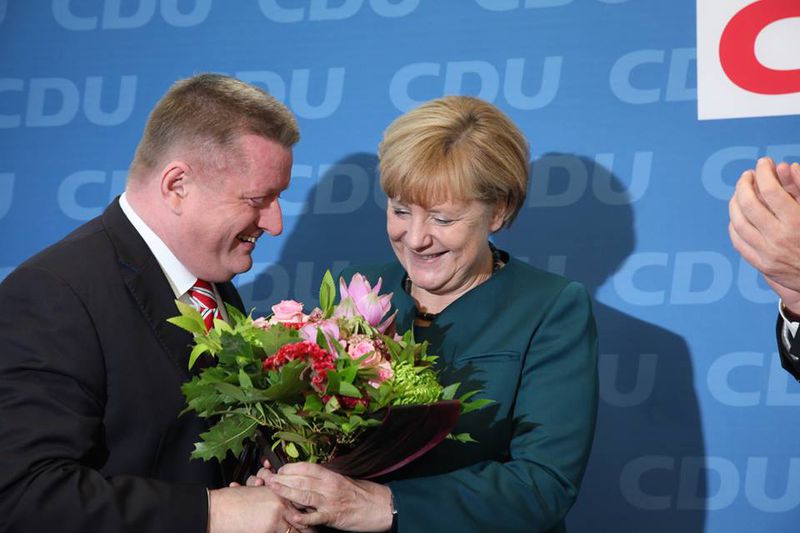 Angela Merkel | © CDU
Angela Merkel | © CDU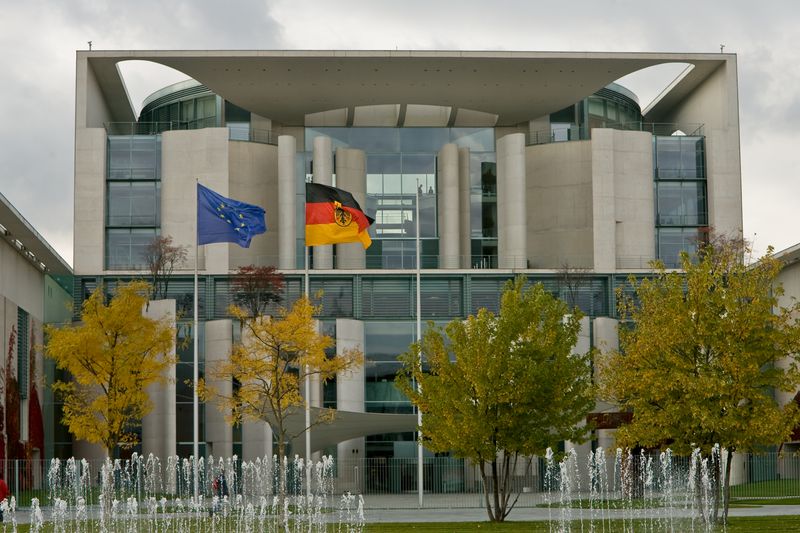 | © European Commission
| © European Commission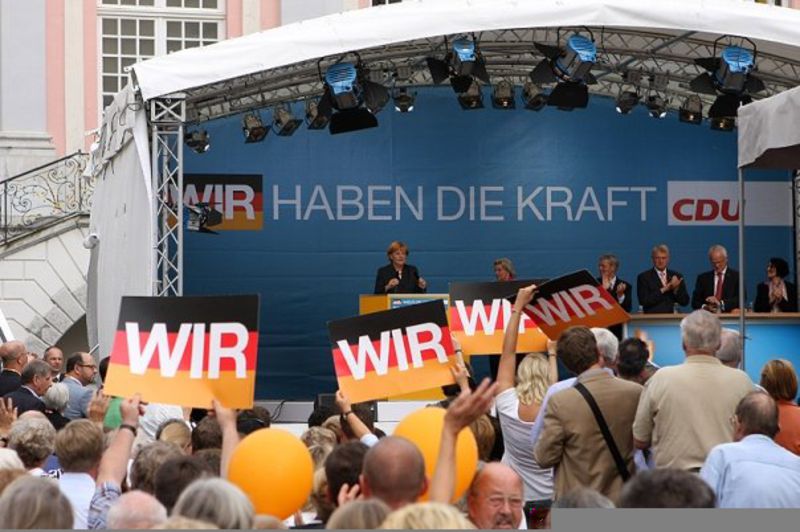 | © CDU
| © CDU